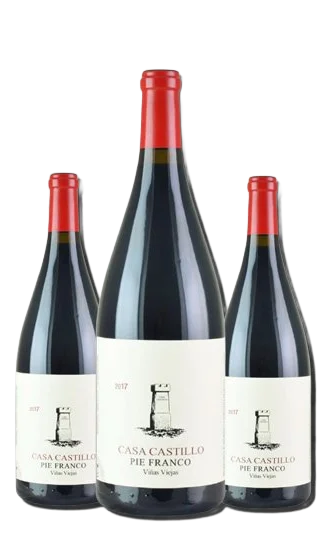I was raised in Canadian Prairies, so to visit the ocean is an extraordinary treat. This past week we had the pleasure of visiting New Brunswick and Nova Scotia and found our way down to as many beaches as we could find. While I’m awestruck by the beauty of the sea with rolling waves, vast horizons, misty air, and the sound of passing birds, it was the shoreline under our feet that drew most of my attention. Beach-combing is a nearly perfect pastime.
Together with my kids we would move aimlessly along rocky shores and soft-sandy coves. We would inspect abandoned lobster traps, collect sea glass, turn over lovely rocks, and poke at alien bits of debris with curiosity. While most of the excitement was over little discoveries, much of our time was spent in silent and easy meandering. The more time I would spend simply moving slowly along the shore, the more I would see, enjoy, hear, and learn.
Mary Oliver’s poem ‘Breakage’ captures the understanding that beach-combing offers:
I go down to the edge of the sea.
How everything shines in the morning light!
The cusp of the whelk,
the broken cupboard of the clam,
the opened, blue mussels,
moon snails, pale pink and barnacle scarred–
and nothing at all whole or shut, but tattered, split,
dropped by the gulls onto the gray rocks and all the moisture gone.
It’s like a schoolhouse
of little words,
thousands of words.
First you figure out what each one means by itself,
the jingle, the periwinkle, the scallop full of moonlight.
Then you begin, slowly, to read the whole story.
Life is often like this. We have to become attentive to learn the language that tells a new story. We have to move slowly enough to hear what our children, or spouse, or friend is really saying to us. In our own neighbourhoods we can also choose to pass quickly over our place, or slow down to meander with alert eyes. We may not have many beaches in our neighbourhoods, but what would it look like to try ‘street-combing’ instead? Could you see your street as a shoreline where you and others could explore, listen, and learn together? What little discoveries and treasures turn up along the sidewalks and pathways where you live? Could you leave something for someone else to discover and enjoy? What is broken, and what is growing? What does your neighbourhood teach you about what is most important, most meaningful, and most hopeful? A shoreline is more than sand, after all, and your neighbourhood is far more than a sidewalk. There may be far more worth noticing right out your front door.





